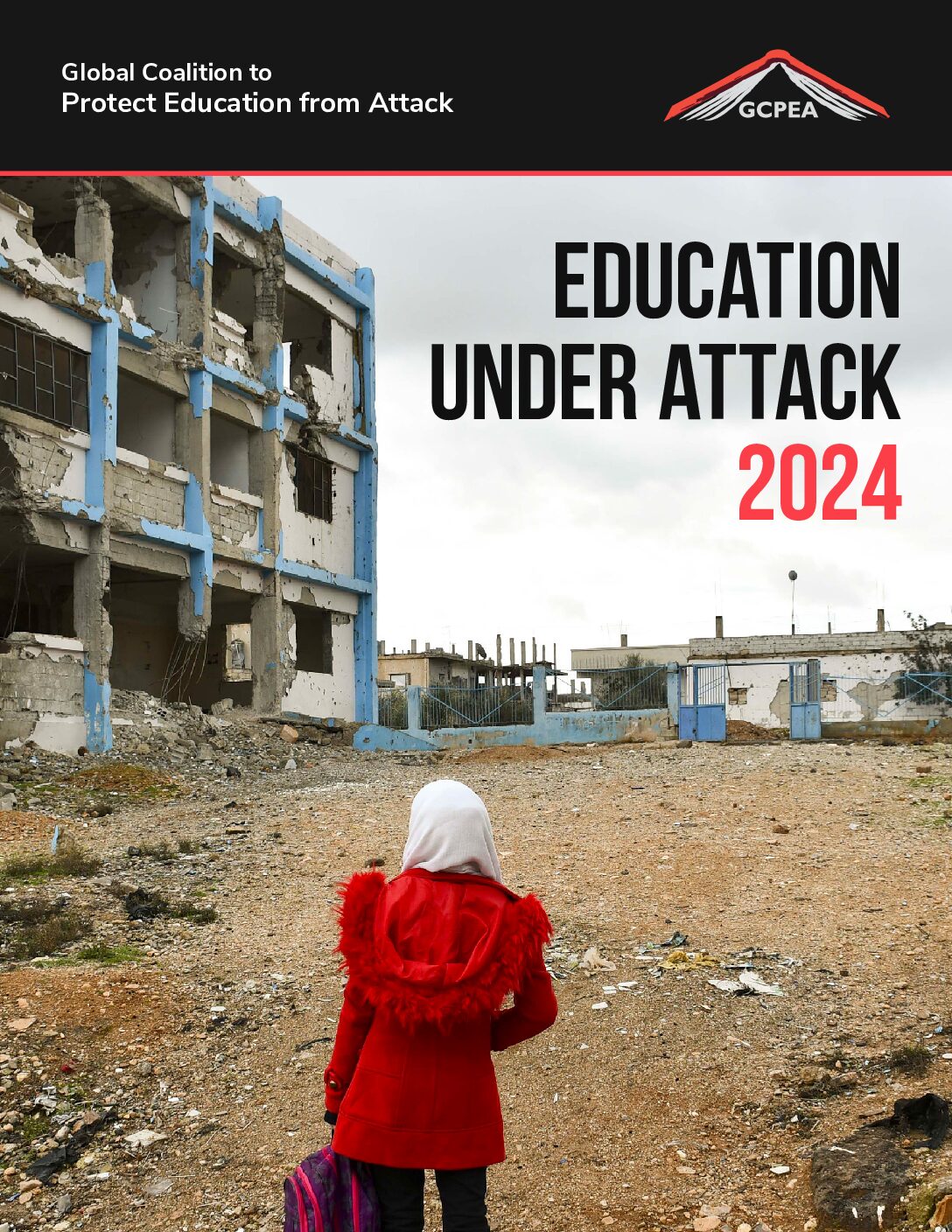GCPEA News
Afghan schools, hospitals under threat, U.N. says in grim report
Reuters, April 18, 2016
Schools and health facilities have come under increasing threat as violence spreads in Afghanistan, making it harder for children especially to get access to education and medical care, the United Nations reported on Monday.
Western-backed Afghan government forces are locked in a protracted battle with Taliban insurgents who are at their strongest since they were ousted by U.S.-backed Afghan forces in late 2001.
International donors have poured billions of dollars into reconstruction in Afghanistan, including education and health programs, but the conflict threatens to undermine services provided to millions of Afghans, the new U.N. report said.
Although direct attacks on schools and health facilities dropped slightly from previous years, U.N. monitors recorded 257 conflict-related incidents in 2015, up from 130 in 2014.
“It is simply unacceptable for teachers, doctors and nurses to be subjected to violence or threats, and for schools and medical facilities to be misused or attacked,” Nicholas Haysom, the U.N. Secretary-General’s Special Representative for Afghanistan, said in a statement.
“All parties must take measures to protect education and health services in Afghanistan,” he said.
Sixty-three medical personnel were killed or wounded in 2015, most of them in a single, mistaken attack by a U.S. warplane on a Medecins Sans Frontieres hospital in the northern city of Kunduz in October.
In 2014, 25 health workers were killed or wounded.
A further 66 medical personnel were abducted in 2015, compared with 31 the year before.
Deaths and injuries among teachers and other education workers were down, to 26 in 2015 from 37 the year before, but abductions spiked to 49 from 14 in the same period.
Reports of threats and intimidation against medical and education workers also increased dramatically.
Violence forced more than 369 schools to close last year, affecting more than 139,000 students and 600 teachers, according to the U.N. report.
Among the hardest hit areas was eastern Nangarhar province, which borders Pakistan, where militants linked to the Islamic State militant group forced the closure of at least 11 clinics and 68 schools.
Insurgent groups were blamed for the majority of incidents, but pro-government forces were also reported to have harassed medical workers and used schools as fighting positions.
At least 600 civilians have been killed in fighting so far this year, with another 1,343 wounded, U.N. human rights investigators said on Sunday, with urban warfare causing a spike in casualties among women and children.
(Reporting by Josh Smith; Editing by Paul Tait)



